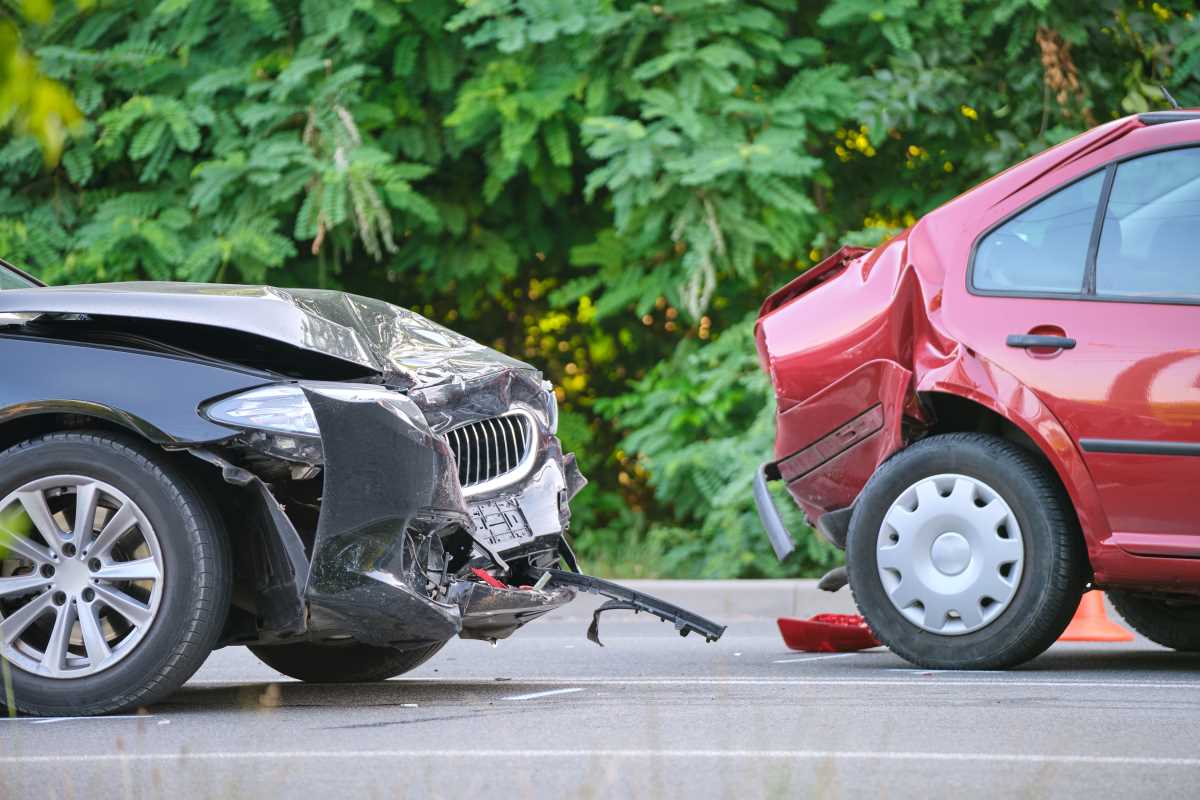So, you found an amazing deal on a car that seems too good to be true. It looks great, runs well, but comes with a little asterisk: a salvage title. This special designation can scare off a lot of people, especially when it comes to getting it insured and legally on the road. A salvage title often means the car has a dramatic backstory, like a major accident or flood damage, that led an insurance company to declare it a total loss. But a "totaled" car isn't always destined for the scrapyard. For car enthusiasts and savvy mechanics, a salvage vehicle can be a diamond in the rough. The biggest hurdle isn't just fixing the car; it's navigating the complex world of insurance. This guide will demystify the process, showing you how to get coverage for your unique ride.
Salvage vs. Rebuilt: What's the Difference?
First, let's clear up some key terms. A vehicle gets a salvage title when an insurance company determines that the cost to repair it is more than its value. At this stage, the car is not legal to drive on public roads. It's a project waiting to happen. To make it road-worthy again, it must be repaired and then pass a thorough state inspection. Once it passes this inspection, its title is changed to a rebuilt title. This new title certifies that the vehicle has been restored to a safe, operational condition. When you're shopping for insurance, you are almost always seeking coverage for a car with a rebuilt title, not a salvage one. Insurers won't cover a car that isn't legally drivable.
Why Insurers Are Cautious
Insurance is all about risk, and rebuilt title vehicles present a lot of unknowns for providers. They don't know the quality of the repairs, the integrity of the frame, or if hidden issues from the original damage still exist. Was professional-grade welding used, or was it a shoddy patch job? Were new, OEM parts installed, or were they pulled from another wreck? This uncertainty makes it difficult for them to calculate the car's actual cash value (ACV) and predict its future reliability. Because of this heightened risk, many standard insurance companies will either refuse to cover rebuilt vehicles or offer very limited coverage options.
Liability is King, Full Coverage is Rare
When you start shopping for quotes, you'll quickly discover a common theme. Most insurers that are willing to cover a rebuilt title vehicle will only offer liability insurance. This type of policy covers bodily injury and property damage you might cause to others in an accident. It's the legal minimum you need to drive. Getting physical damage coverage, which includes collision and comprehensive, is much harder. Collision covers repairs to your own car after an accident, while comprehensive covers non-collision events like theft or hail. Insurers are hesitant to offer these because it's nearly impossible to distinguish new accident damage from old, improperly repaired damage, making claims a potential nightmare.
Passing the Test: Inspections and Paperwork
Before any insurer will even consider your application, you must successfully convert the salvage title to a rebuilt one. This process is managed by your state's Department of Motor Vehicles (DMV) and involves a rigorous inspection. You will need to present extensive documentation, including receipts for all parts used in the repair and photos taken before, during, and after the restoration process. An inspector will verify the vehicle's roadworthiness, check safety systems, and perform a Vehicle Identification Number (VIN) check to ensure no stolen parts were used. This official state certification is the golden ticket you need to begin your insurance search.
Shopping for Your Rebuilt Title Policy
Getting insurance for a rebuilt vehicle requires more legwork than for a standard car. You can't just click a few buttons online and get a policy. You will need to call insurance agents directly and be completely transparent about the vehicle's history. Explain that it has a rebuilt title and offer to provide all your documentation, including the inspection certificate and repair receipts. Some smaller or specialized insurance companies focus on non-standard or high-risk policies and may be more willing to work with you. Be prepared for higher premiums and potentially higher deductibles compared to a car with a clean title, as the insurer is taking on more risk.
Know the Financial Realities
Even if you find an insurer willing to provide full coverage, understand the limitations. The policy will likely state that in the event of a total loss, the payout for your rebuilt vehicle will be significantly less than that for a comparable model with a clean title. The actual cash value of a rebuilt car is typically 20% to 40% lower. Furthermore, if you needed a loan to purchase or repair the vehicle, your lender will almost certainly require you to carry both collision and comprehensive coverage. This can put you in a tough spot, so it's crucial to secure an insurance quote before you finalize the purchase of a salvage project.







